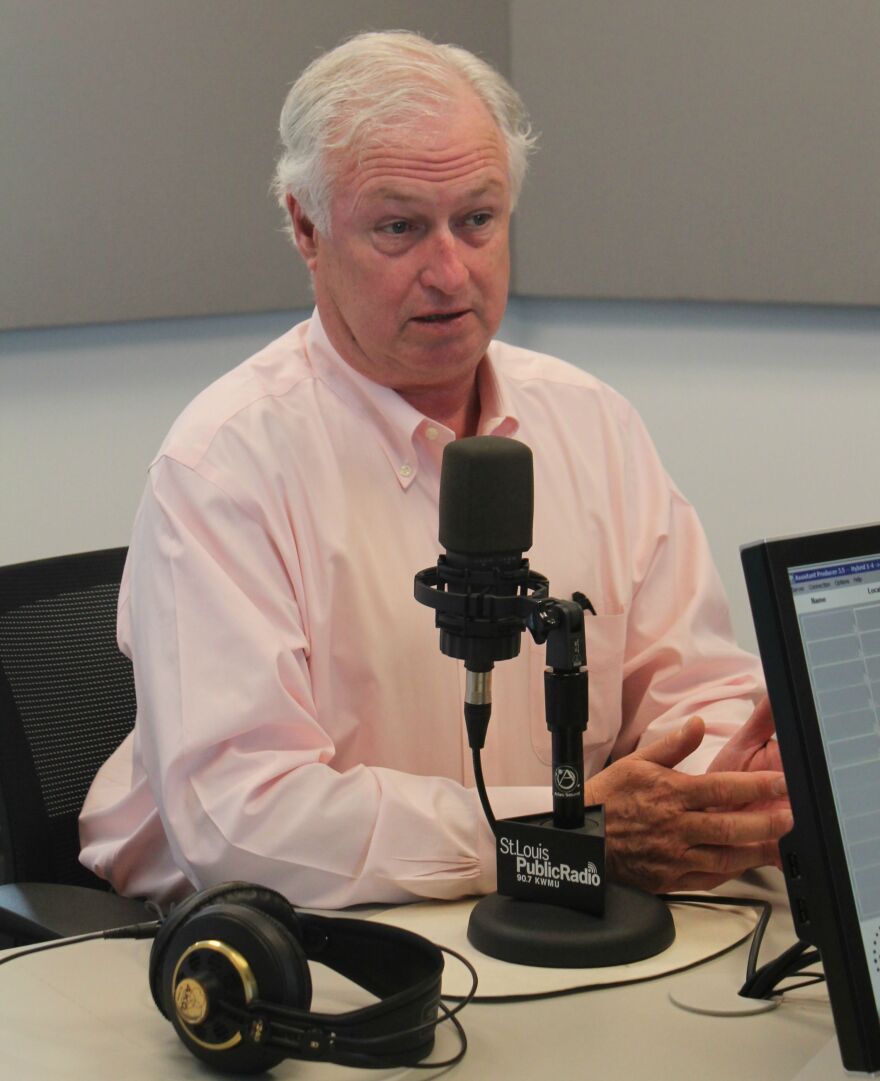It took four months, three mules, and a resourceful brother to get Rinker Buck from Missouri to Oregon.
He and Nick traveled, as many before them did, westward across the Oregon Trail, that exemplar of early computer games and pioneering American spirit. They followed the visible ruts left by the hundreds of thousands of pioneers whose wheels cut them into the dirt over the 19th century.
Their method of transportation—also like the pioneers—was a mule-drawn, covered wagon.
“The Oregon Trail: A New American Journey,” is the result of Buck’s trip down the Oregon Trail. In it, Buck tells the story of the old settlers of the American West and the cultural and structural impact of the frontier on American life; it also touches on Buck’s family history, and in particular his relationship with Nick. Readers learn about conditions on the trail then and now, from the inherent usefulness of mules to the difference made by paved roads and bridges.
Having grown up on a horse farm, bought mules, plotted the journey, and piled their wagon full of supplies, the two thought they were ready. “It was simple to do,” Buck said. “Until we left.”
Immediately, the brothers and their wagon were buffeted and upset by temperamental Great Plains weather, the irritating intelligence of their mules, and their own small mistakes—like leaving in May, right before summer storms swell.
“You are staring across the mic in your studio from the biggest chucklehead in America right here,” Buck told “St. Louis on the Air” host Don Marsh. “Why would I leave and not check the weather? It was all there in the pioneer journals.”
Weather notwithstanding, Buck said that the biggest help and learning experiences came from the mules they used to pull the wagon.
Mules, as it turns out, have been critical to U.S. policy and development. Mules were put to use in the Civil War, World Wars, and even Afghanistan—“very useful animal if you’re going over mountains and that sort of thing, better than a vehicle.” They helped build American canals and transportation systems.
“Without the mule, you don’t have the U.S.,” Buck said.
Without the mule, too, you don’t have nearly as easy a crossing. Buck said he actually learned body language during the trip out of necessity, as the mules would sense danger or threat and stop suddenly before crossing a bridge, or shy on the cusp of a storm. In this way—and others—the journey Buck and his brother took was quite similar to that of the original pioneers.
For one thing, like many pioneers Buck started in St. Joseph, Mo. The area around St. Louis played a crucial role in trail travel for that reason. It was one of the manufacturing and merchant centers for pioneers to pick up all the supplies and mechanisms they would need—iron instruments, wheels, food—for the 2000-mile journey ahead.
“There’s all kinds of things that are fascinating about the trail that you’re not going to get, even in a college course,” Buck said. “Women played a hugely important role in trailblazing and I write about that. The Indians were very friendly,” he added, until the wholesale slaughter of buffalo began.
Following the pioneers and fur trappers and adventurers and homesteaders, Buck says, “the trail grew organically.” It soon became a cattle-driving trail for the ranchers of the Midwest; later, sections were paved during World War I when processed beef became an export for soldiers’ rations.
Buck identifies with the self-described ‘rut nuts’ of Oregon Trail history, and as the first to take the full covered-wagon journey in over a century, he’s earned the distinction. The trip, he said, proved to him that passions pay off—given the chance, he’d do it all over again.
“Obsession is good,” Buck said. “Obsession takes you places.”
Related Event
Book Discussion and Signing
"The Oregon Trail: A New American Journey
- Wednesday, August 5, 2015
- 7:00 p.m.
- Left Bank Books, 399 N. Euclid, St. Louis, MO 63108
St. Louis on the Air discusses issues and concerns facing the St. Louis area. The show is produced by Mary Edwards and Alex Heuer and hosted by veteran journalist Don Marsh. Follow us on Twitter: @STLonAir.


